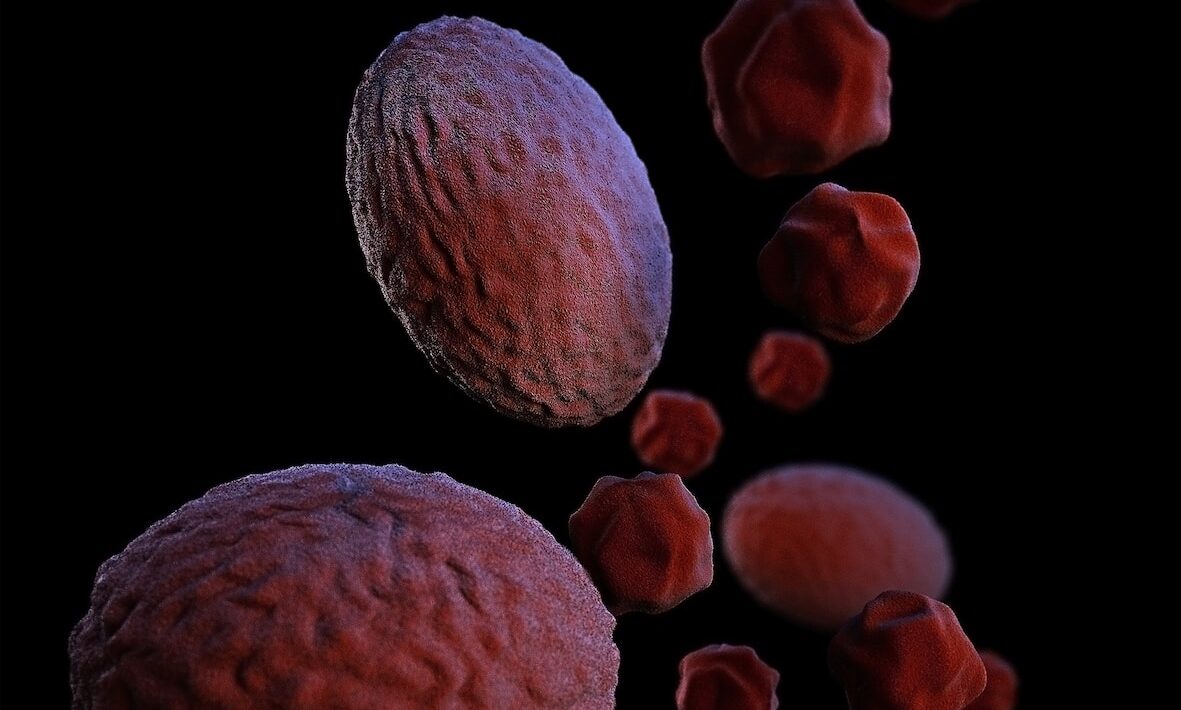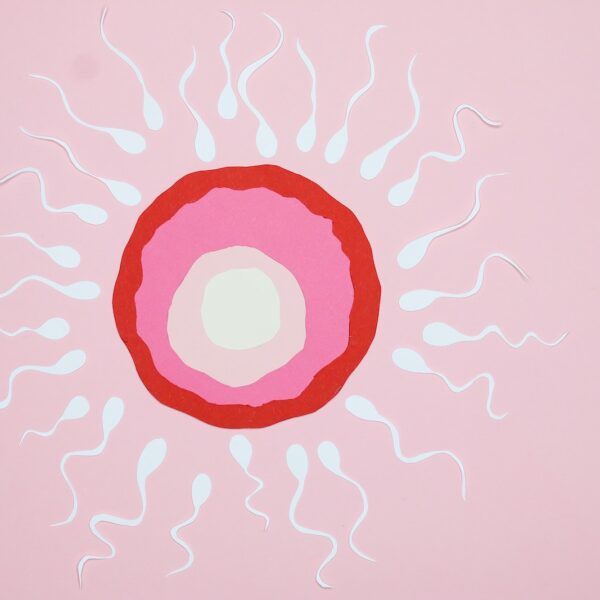Chlamydia is spread when a person has vaginal, anal or oral sex without using a condom. It can also be spread when a woman passes the infection to her baby during pregnancy and birth.
The bacteria that cause chlamydia can lead to painful complications including pelvic inflammatory disease (PID) and infertility. It’s important for women and men to get tested and treated for chlamydia.
How do you get chlamydia?
Chlamydia is spread when the bacteria (Chlamydia trachomatis) enter the vagina, cervix or anus through unprotected sex. This includes oral sex, which can also be infected. Chlamydia can also cause pelvic inflammatory disease (PID) in women, which may lead to infertility or other health problems.
It’s also possible for pregnant women to pass chlamydia to their babies during childbirth. Chlamydia can also be passed through unprotected sex between male and female partners, and it can even spread from one person to another without any sex at all.
In many cases, chlamydia goes unnoticed and only becomes a problem when the symptoms appear. These include pain or a burning sensation when you pee (dysuria), a white, yellow, or gray discharge from your vagina that may be smelly, and swelling in your vulva or penis.
If you or your partner has been diagnosed with chlamydia, it’s important to take antibiotics to treat the infection. It’s also important not to have sex until you and your partner have finished treatment, which should last for at least seven days. It’s also recommended that you get tested for chlamydia again in three months, because there is a high risk of reinfection. Getting tested is easy and quick—and it’s something every sexually active person should do regularly. It’s especially important for young people and those with other risk factors.
What are the symptoms of chlamydia?
Chlamydia is a sexually transmitted disease (STI). It can happen to women and men of any age. It’s more common in young people who have many sex partners or don’t use condoms. It can lead to serious health problems, including infertility, if left untreated. It can also increase your risk of getting HIV.
Most girls and women with chlamydia don’t have any symptoms. This is because the infection usually happens in the cervix or fallopian tubes, which don’t produce any pain. Sometimes chlamydia spreads to the uterus and pelvic inflammatory disease (PID), which can cause pain during sex, bleeding, or infertility. Symptoms in males are less common and can include painful or itchy testicles, inflammation of the urethra (the tube that carries urine), or rectal pain.
Most chlamydia infections are easy to treat with antibiotics. If you have a chlamydia infection, don’t have vaginal, anal or oral sex until you finish treatment. Also, tell your sex partner about the infection and get them tested and treated. You should also get retested about three months after you finish treatment to make sure the infection has cleared up. This is to reduce your risk of a repeat infection. Also, women and men with a history of chlamydia should get regular tests for HIV. If you have HIV, a doctor can help protect you from chlamydia by giving you a different type of antibiotics.
Can you get chlamydia from kissing?
Chlamydia is spread when the mucous membrane of the sexual organs comes in contact with genital fluids, including semen. It is most commonly spread through unprotected vaginal, oral or anal sex. It can also be spread when a woman with chlamydia passes the infection to her baby during childbirth. Chlamydia can also be spread when a person with chlamydia coughs or sneezes the bacteria into the mouth of another person. It can also be spread by hand-to-mouth contact or by sharing towels, drinks or food. It is very rare to get chlamydia through kissing or casual contact such as hugs, handshakes or sharing drinking glasses.
Chlamydia can cause painful or severe symptoms and damage the reproductive organs if left untreated. It can lead to infertility, pelvic inflammatory disease (PID) and cervical cancer. It can also cause blindness if the infection is spread to the eyes. Chlamydia can be passed from a mother to her baby during childbirth and can cause serious complications for the baby, including blindness or death.
All sexually active women younger than 25 should be screened for chlamydia and other STIs regularly. Using a condom during sex is the best way to protect against chlamydia and other infections. Douching, which reduces the number of good bacteria in the vagina, can increase the risk for chlamydia. In addition, women should avoid having sex until one week after being treated for chlamydia.
Can you get chlamydia from sharing drinking glasses?
Chlamydia spreads most often through unprotected oral, anal or vaginal sex. It also can spread from one person to another through the sharing of semen or vaginal fluids, and it can be passed from a pregnant woman to her baby during childbirth. Chlamydia does not spread through kissing, hugging, or from sharing drinking glasses.
People can get chlamydia by having sex with someone who has it, so health professionals recommend everyone who is sexually active should have regular testing for chlamydia. This includes all young people and those with risk factors, like new or multiple sex partners, as well as people who have been diagnosed with a STI in the past.
A doctor can test for chlamydia by using a swab to collect a sample of the urethra (the tube urine comes out of) in men or the cervix in women. The sample is sent to a lab for testing. Health professionals stress that anyone who has had chlamydia in the past should tell all their present and previous sex partners so they can get tested and treated. There are nurses called partner notification officers who can help people to do this anonymously, and they can provide support with the process.
If chlamydia isn’t treated, it can cause pelvic inflammatory disease (PID), which can lead to infertility and serious problems with the reproductive organs for women, including chronic pelvic pain or ectopic pregnancy. People who have chlamydia should also make sure to avoid sex until seven days after finishing their antibiotic treatment.




Leave a Comment